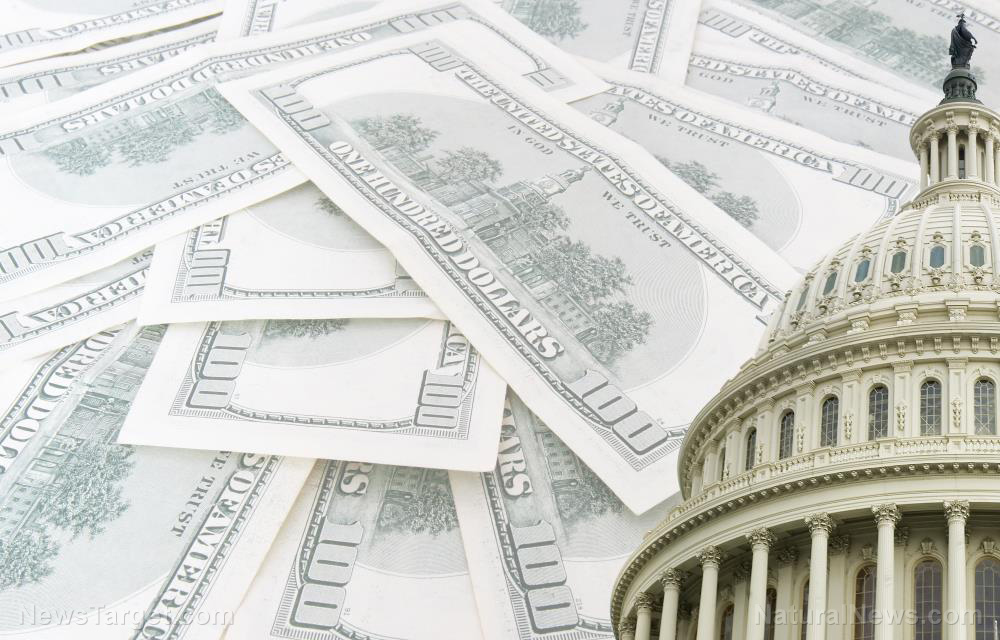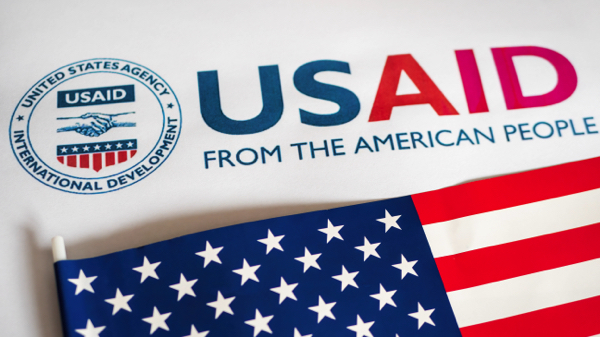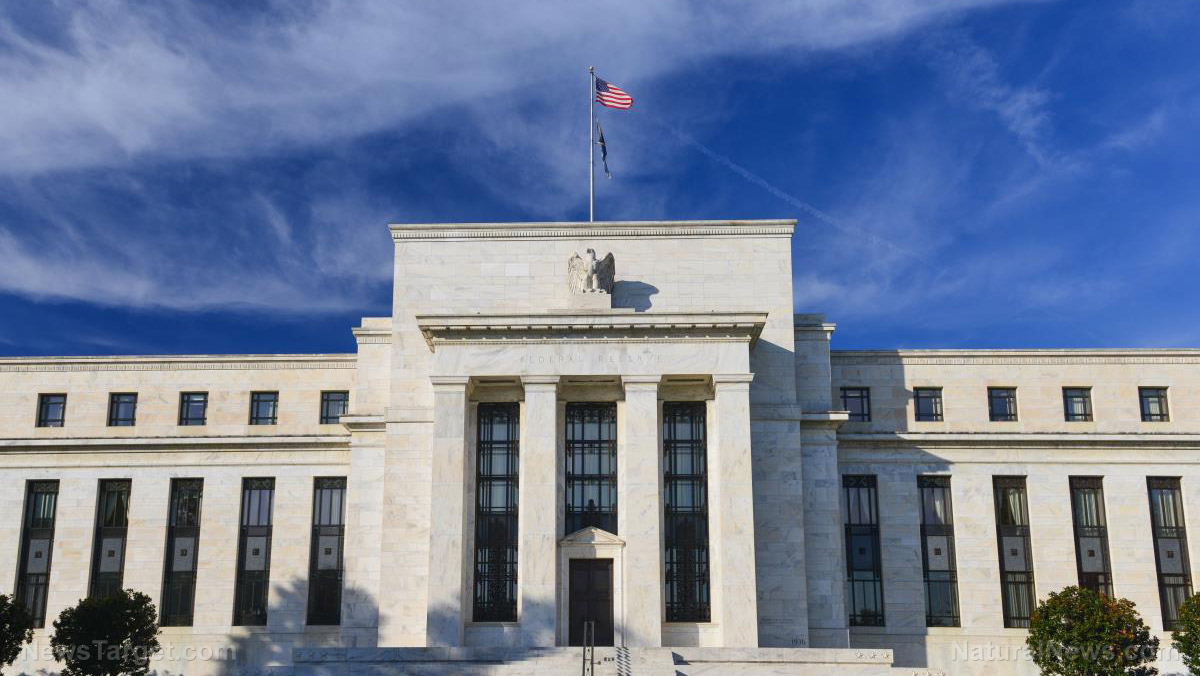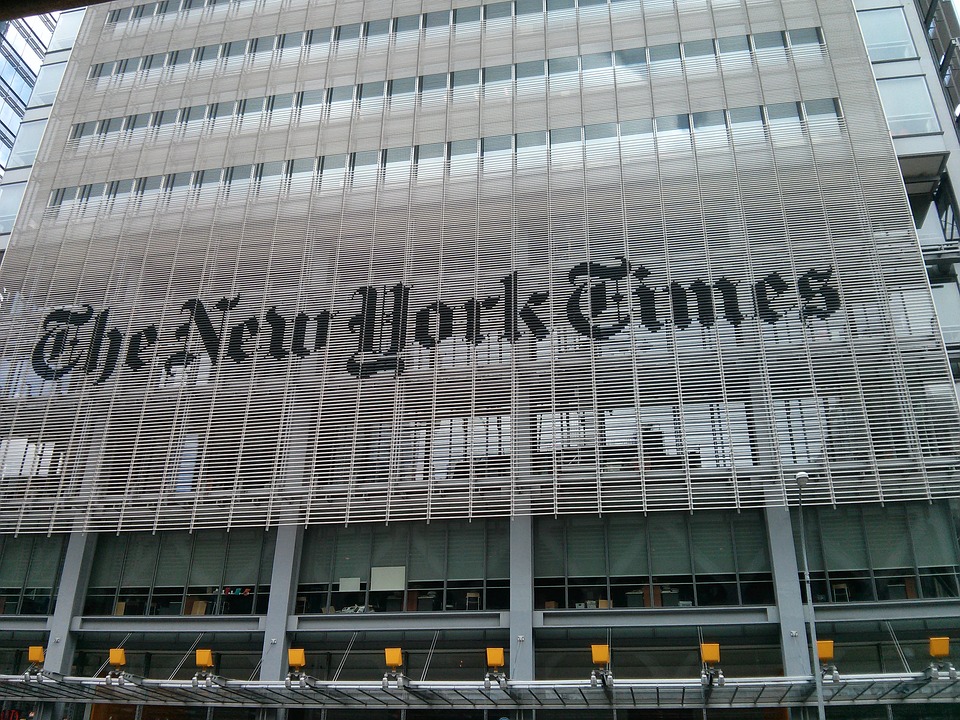 Parler
Parler Gab
Gab
- Politico faced a payroll delay this week, citing a "technical error," coinciding with Trump's USAID funding freeze.
- The outlet appears to have received $27 million in government funding under Biden, raising ethical concerns about taxpayer-subsidized media.
- Politico's Politico Pro subscriptions, costing $10,000 annually, are largely government-funded, sparking accusations of stealth subsidies.
- The outlet's credibility was also questioned over its dismissal of the Hunter Biden laptop story, later confirmed as authentic.
- Politico's left-leaning coverage and reliance on government funding undermine journalistic independence and transparency.
A coincidence or a connection?
The payroll issue at Politico emerged just as former President Donald Trump’s administration moved to freeze USAID funding, a decision that has drawn both praise and criticism. While Politico insists the payment delay was due to a technical glitch, some observers have questioned whether the outlet’s reliance on government contracts left it vulnerable to financial disruptions. “POLITICO has a subscription called PoliticoPro, which costs around $10,000 a year,” noted Chris Tomlinson of The National Pulse on X. “Given the ludicrous cost, I’m guessing upwards of 90% of these subscriptions are government-funded. It seems to me the entire program is a stealthy way of acquiring massive government subsidies.” Politico isn’t alone in benefiting from taxpayer dollars. The New York Times received $2.7 million in government funds during the same period. These revelations have fueled concerns about the Biden administration’s use of taxpayer money to prop up media organizations that align with its agenda. Politico’s credibility has come under fire for its handling of the Hunter Biden laptop story during the 2020 election. The outlet was among those that dismissed the laptop’s contents as Russian disinformation, citing a letter from 51 former intelligence officials. That narrative, which has since been debunked by the FBI, may have influenced the election’s outcome. The laptop’s authenticity, confirmed by federal investigators, revealed damning details about Hunter Biden’s business dealings and raised questions about his father’s involvement.A pattern of bias
Politico’s coverage has consistently leaned left, with the outlet frequently targeting conservative figures like Trump and Elon Musk. Its recent criticism of the USAID funding freeze has only added to suspicions that the outlet is more interested in advancing a political agenda than reporting the truth. The Biden administration’s financial support for Politico and other liberal outlets raises serious ethical questions. Taxpayer dollars should not be used to fund media organizations that engage in partisan reporting or suppress stories that could damage the administration’s reputation. The Hunter Biden laptop scandal is only the tip of the iceberg when it comes to examples of the dangers of media bias and government influence. Americans must demand transparency and accountability, and it’s clear that the relationship between the press and the government must be reevaluated. In the meantime, the freeze on USAID funding serves as a powerful reminder that taxpayer dollars should not be used to prop up partisan journalism. Sources for this article include: ZeroHedge.com TheNationalPulse.com YourNews.comScience’s turn towards darkness
By News Editors // Share
Bill Gates alarms conservatives: Pandemic warnings and USAID critique spark outrage
By Willow Tohi // Share
Trump orders overhaul of USAID amid allegations of corruption and wasteful spending
By Belle Carter // Share
The consumer financial protection bureau harms those whom it claims to protect
By News Editors // Share
Government funding scandal rocks media: “Absolutely shocking” revelations unveiled
By Willow Tohi // Share
Governments continue to obscure COVID-19 vaccine data amid rising concerns over excess deaths
By patricklewis // Share
Tech giant Microsoft backs EXTINCTION with its support of carbon capture programs
By ramontomeydw // Share
Germany to resume arms exports to Israel despite repeated ceasefire violations
By isabelle // Share










